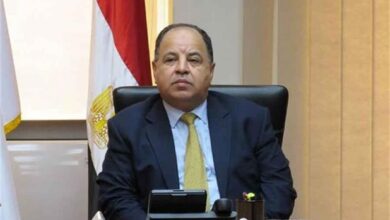Egypt’s Ministry of Finance is considering integrating special government funds into the state budget to secure extra financial resources and subject the funds to further controls.
The ministry has no control over the special funds, even though they are subject to its monitoring, according to Finance Minister Samir Radwan.
Special funds are found at several government institutions. They provide them with financial resources represented in returns from services sales.
Radwan estimated the amounts in special funds at nearly LE36 billion. But Bassant Fahmy, a member of the US Chamber of Commerce and an adviser for Baraka Islamic Bank, said the funds surpass LE500 billion, citing a Central Auditing Agency estimate.
Fahmy predicted, in a statement to Al-Masry Al-Youm, that the government's move will be met with tough resistance from the funds’ managers, who will be eager to protect their interests.
Meanwhile Khaled Abdel Naby, a member of the tax inspection bureau at the Egyptian Tax Authority, said the majority of the targeted special funds have no financial regulations accredited by the ministry, pointing to a lack of financial oversight over expenditures made from their resources.
Amir Rizk, former head of the balance sheets sector at the ministry, ruled out the possiblity of imposing controls over special funds, which he described as “extraordinary corrupt organizations." He pointed to failed attempts three years ago to join the funds to the state budget.
Egyptian law does not include the special funds in the general budget. However, a senior official at the finance ministry stressed that efforts are underway to find a legal mechanism to handle the issue, noting that special funds are included in the treasury’s consolidated accounts and the ministry’s funding sector.
On the other hand, the assistant director to the Egyptian Monetary Supervisory Authority, Ali al-Ashry, said that the finance ministry is not entitled to control pensions and insurance funds which, he said, are subject to separate regulations that protect the interests of their beneficiaries.
Translated from the Arabic Edition




